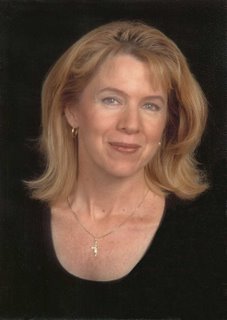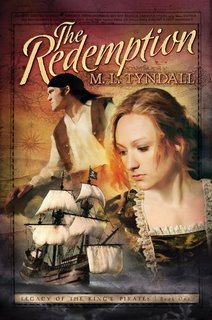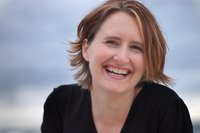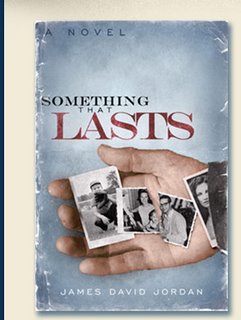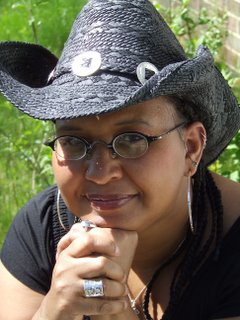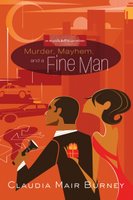
Arr, me hearties, in lieu of today's publicity teachin', Novel Journey is pleased t' take part in the launch of Marylu Tyndall's maiden voyage into the CBA.
Releasing the same month as Disney's Pirates of the Caribbean, The Redemption follows the merry yarn of Lady Charlisse Bristol as she's shipwrecked and taken captive aboard a pirate ship.
If ye be looking for a chance t' win a copy o' The Redemption for yourself, join The Redemption Treasure Hunt. (http://www.ambermiller.com)
If ye be looking for your next clue for The Redemption Treasure Hunt, here it be: What are the two pirate movies referenced in the post on Jerkrenak's Den? Find the answers and your next destination at http://jerkrenak.blogspot.com/
1.) Tell us a bit about the story.
My story begins with a horrific storm at sea in which Lady Charlisse Bristol becomes shipwrecked on an island. She has run away from an abusive uncle in London and sailed to the Caribbean in search of a father she has never known. After weeks of combating the elements, her salvation comes in the form of a band of pirates and their fiercely handsome leader, Edmund Merrick.
Captain Merrick has only recently given his life to God and turned his back on a life of piracy to become a privateer. While battling his attraction to this winsome lady and learning to walk a more godly path, he offers to help Charlisse on her quest-until he discovers her father is none other than Edward the Terror, the cruellest pirate on the Caribbean. Edmund must find a way to win this lady's love while shielding her from his lecherous crew and working to bring her father to justice.
2.) What sparked the idea to write about pirates?
I've always had an obsession for pirates-those swashbuckling heroes who roamed the wild Caribbean seas in their tall ships. The Golden Age of Piracy was such an adventurous and romantic time in our history, and having grown up in that part of the world-south Florida-it grabbed my interest at an early age. What sparked the idea for the novel, however, was the Disney movie, Pirates of the Caribbean. After I saw it several times with my daughter, I had a desire to write about pirates that wouldn't go away. Why do the evil pirates get to have all the fun? Why not write about a Christian pirate?
3.) As you researched this subject, what most surprised you?
The biggest surprise for me was discovering that not all pirates were vicious thieves and murderers. Many, in fact, were commissioned by their countries during times of war to disturb merchant shipping lines and fleet movements, and in general to play havoc with their enemies. In fact, one of the most notorious pirate captains, Henry Morgan, commanded his own fleet of pirate ships, called the Brethren of the Coast, whose sole purpose was to raid Spanish ships and towns in the Caribbean. He was eventually knighted by King Charles II of England and became the governor of Jamaica. These facts aided my story a great deal as many of these pirates, who turned privateers, had strong religious convictions.
4.) How long did it take to write your first novel?
I began writing The Redemption in the Fall of 2003, but it was slow going at first. I was working full time as a software engineer, not to mention my responsibilities at home as wife and mother. I'm sure many of you can relate. There just doesn't seem to be enough hours in the day! Consequently, I did not complete the novel until early Spring 2005, yet I still didn't feel it was ready. I hadn't written in a while and needed some counsel, so I hired two editors to go through my manuscript, and I entered four contests for the feedback. I made the final cut in two of those contests and felt encouraged, but I must admit, I learned a great deal more from my editors. By the end of Spring 2005, I had polished the manuscript the best I could and went looking for an agent. God's timing is always perfect. I was laid off from my job of fifteen years the same month my agent took me on as a client and began submitting The Redemption. By September of that same year, I had a contract in hand from Barbour for the entire three book series!
5.) How long must we wait for the sequel?
Not long! The second book in the series, The Reliance, will be released in January 2007, and the third book, The Restitution, will be out in stores, June, 2007. As you can tell, I've been very busy












